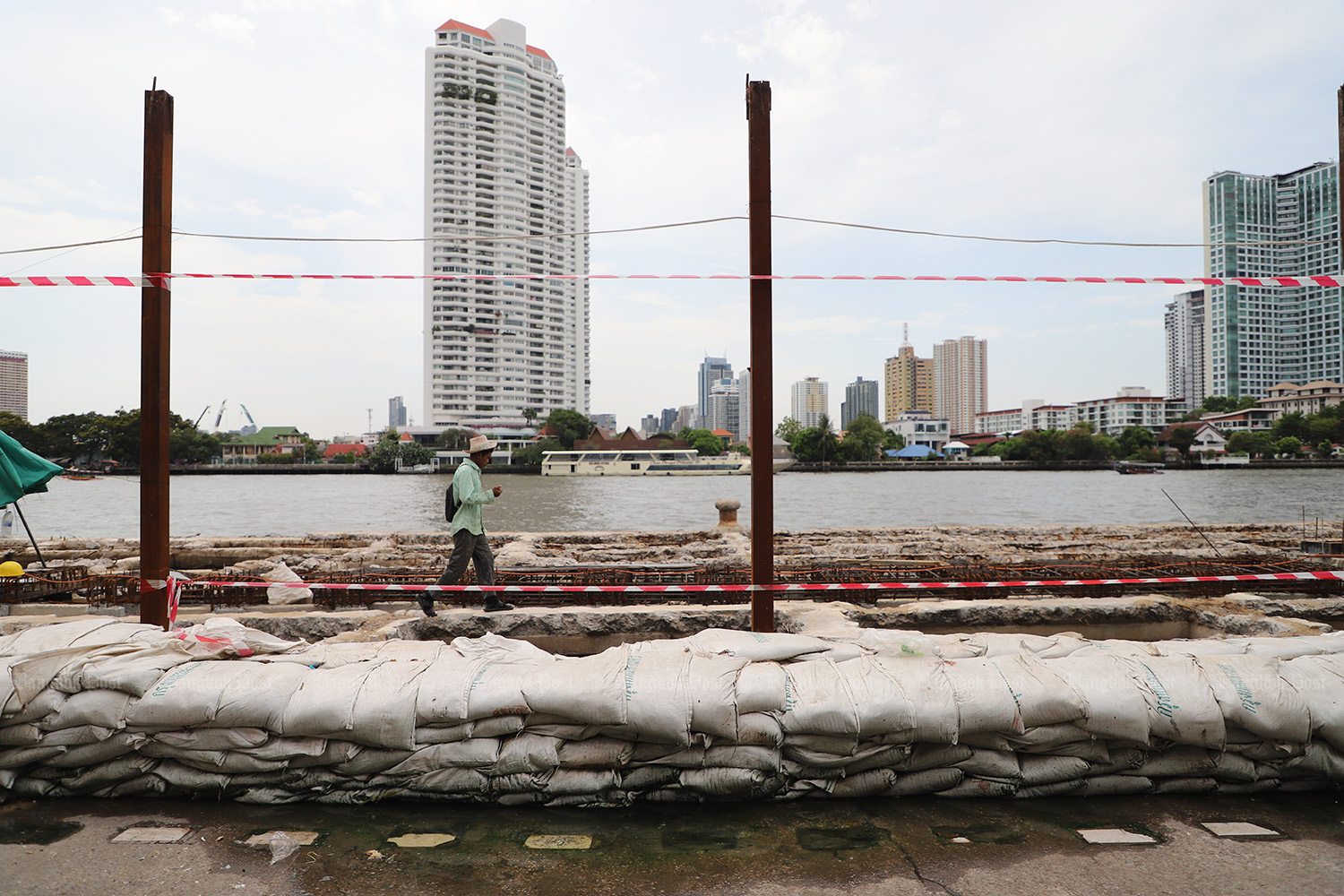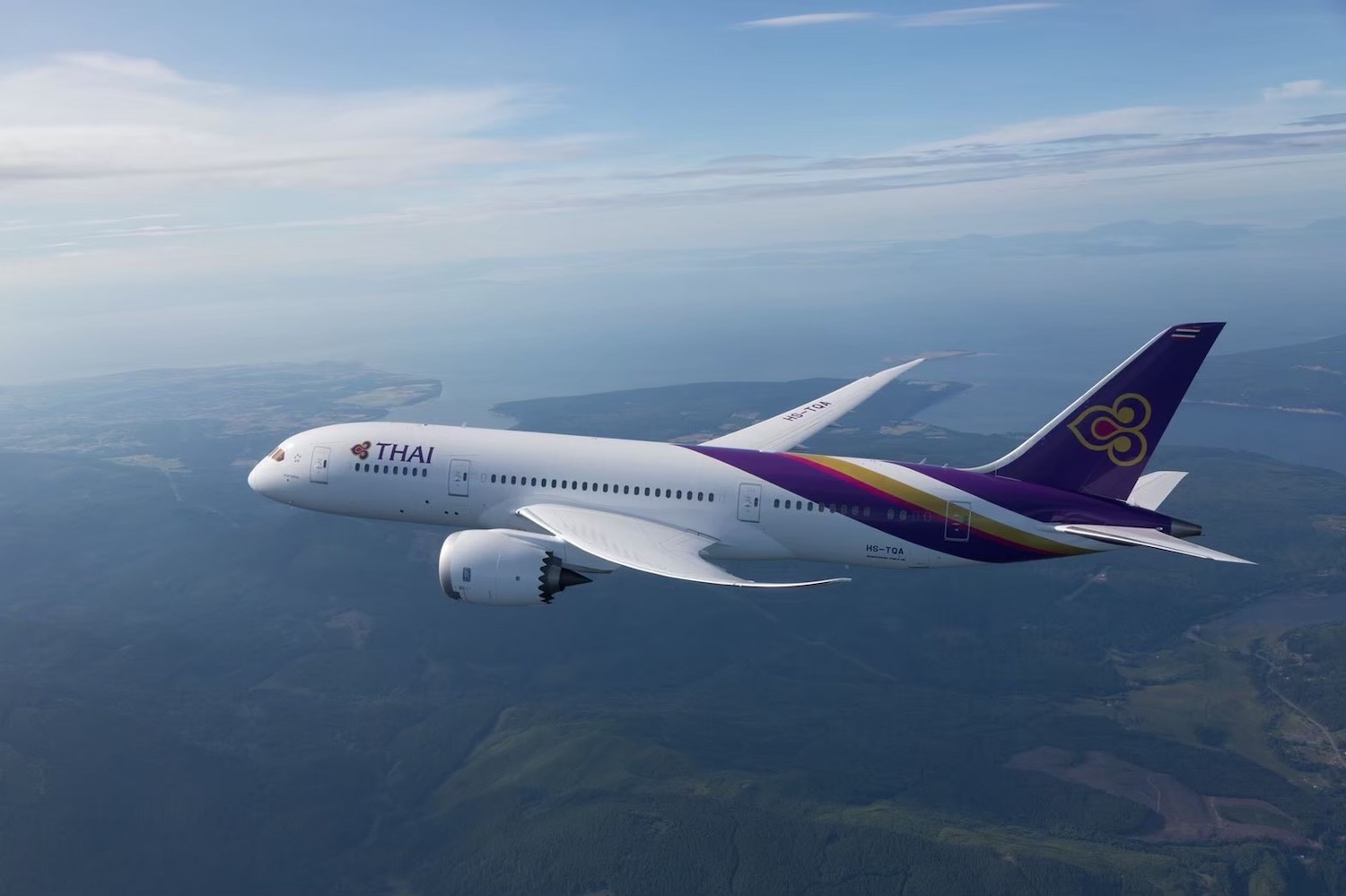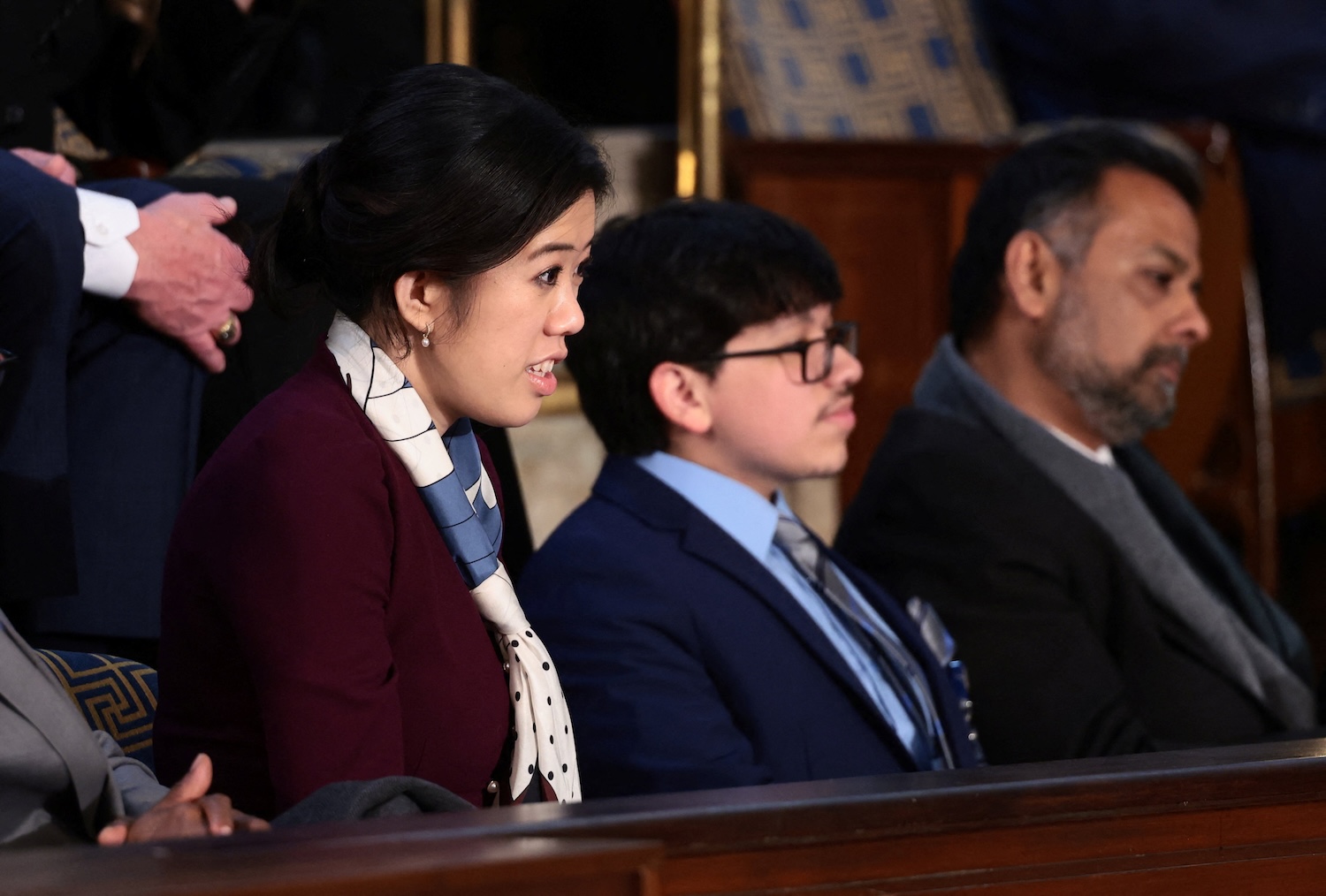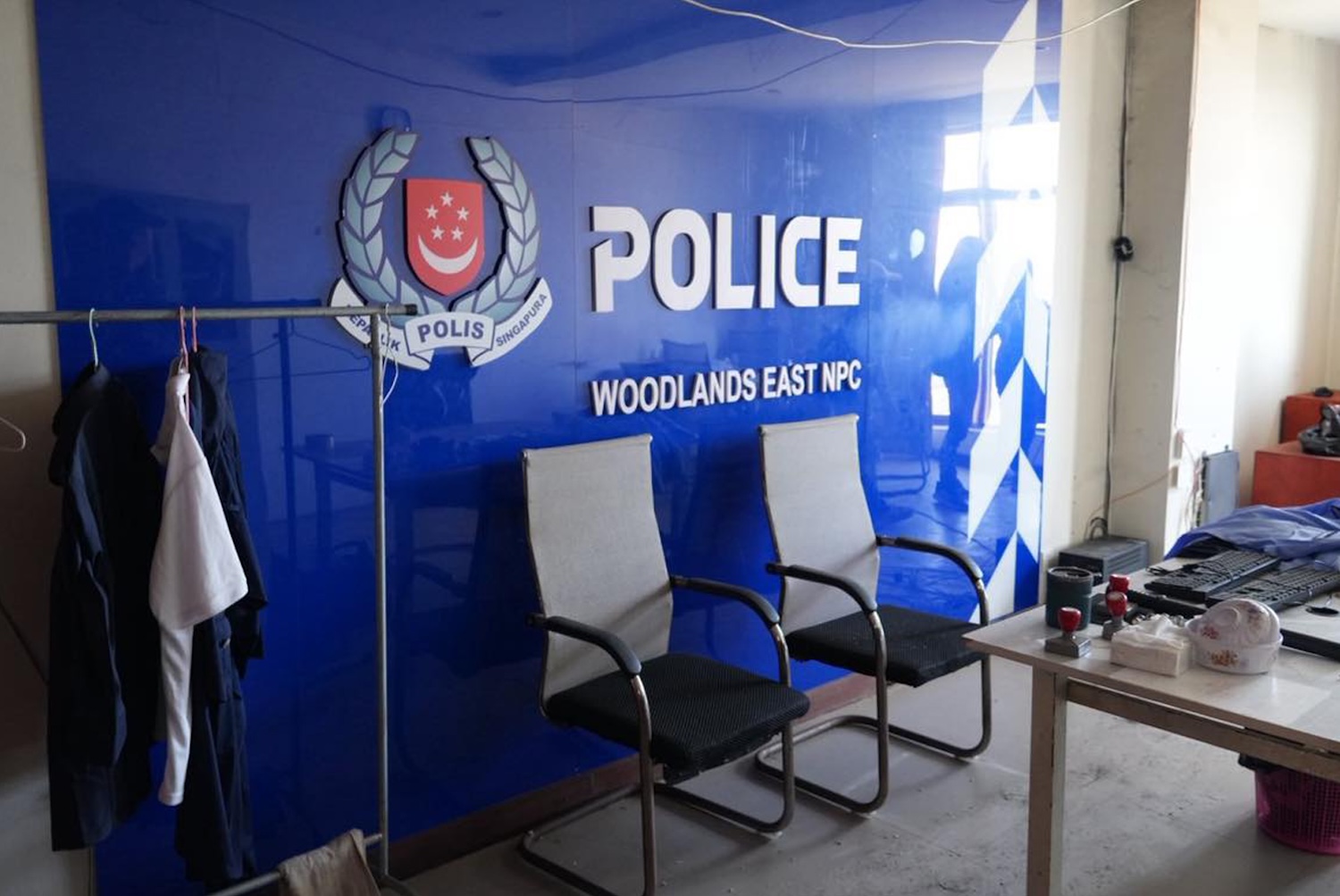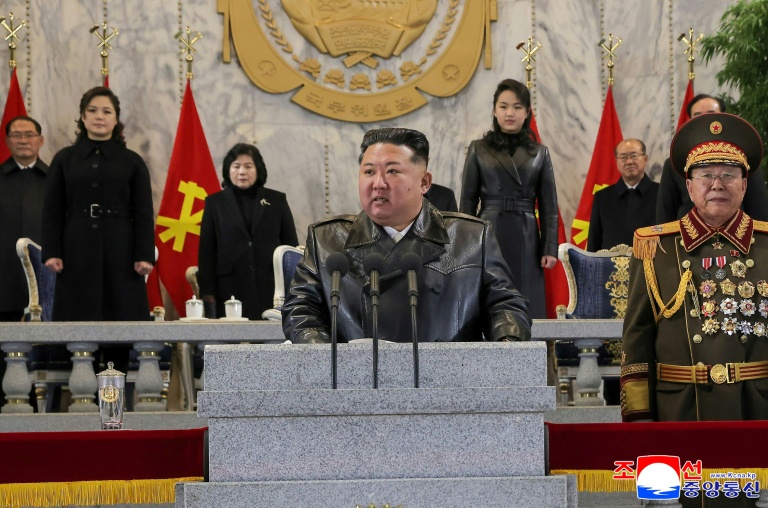Showing 1 - 10 of 10,000
High‑tide alert for Bangkok, central provinces from Saturday into next week
Online Reporters, Published on 26/02/2026
» People in low‑lying areas along major rivers in Bangkok and six central provinces are advised to prepare for potential high tides from Saturday to Thursday.
E-commerce giants form Thai trade group
Published on 26/02/2026
» Thailand needs a sustainable digital infrastructure to guarantee continued health of the industry, according to the Thai Digital Platform Trade Association (TDPA), a new trade group founded by major operators Grab, Lazada, Line Man Wongnai and Shopee.
Thai Airways aims for 5% revenue growth
Published on 26/02/2026
» Thai Airways International Plc expects revenue to grow 5% this year as it adds new aircraft and expands in key Asian markets, including India and China.
New movies out this week: Feb 26-Mar 4
Guru, Nianne-Lynn Hendricks, Published on 26/02/2026
» 8 new releases that hit cinemas in Thailand this week.
Oil spill reaches small island off Phuket
Achadthaya Chuenniran, Published on 26/02/2026
» PHUKET - The oil spill from the capsized cargo ship Sealloyd Arc earlier this month has reached Koh Hey, a tourist island just off the southeast coast of this tourist island, with authorities continuing clean‑up operations on Thursday.
S.Korea's Park Chan-wook to head Cannes festival jury
AFP, Published on 26/02/2026
» PARIS — South Korean filmmaker Park Chan‑wook, the first from his country to head the Cannes film festival jury, will preside over the 79th edition in May, organisers announced Thursday.
Imprisoned Hong Kong tycoon Jimmy Lai wins rare appeal
Published on 26/02/2026
» A Hong Kong court has overturned former media mogul Jimmy Lai’s conviction in a fraud case, in a rare win for the pro-democracy advocate serving a 20-year sentence for national security charges.
Cambodia claims crackdown has halved scam activity
Published on 26/02/2026
» Cambodian authorities say a crackdown on online scam compounds has cut activity in half since the start of this year, as they face international pressure to dismantle networks accused of stealing billions annually from people worldwide.
Bayer inaugurates Khon Kaen Vegetable Seeds Production Centre as Asia Hub, strengthening regional and global supply
Published on 26/02/2026
» - New Khon Kaen Centre commenced operations in January 2026, consolidating existing local sites and enhancing export-grade capacity for APAC and global markets.
Kim Jong Un says he could ‘get along’ with US
AFP, Published on 26/02/2026
» SEOUL - Kim Jong Un says North Korea could “get along well” with the United States if Washington acknowledges its nuclear status, but has dashed hopes of a diplomatic thaw with Seoul, state media reported on Thursday.




